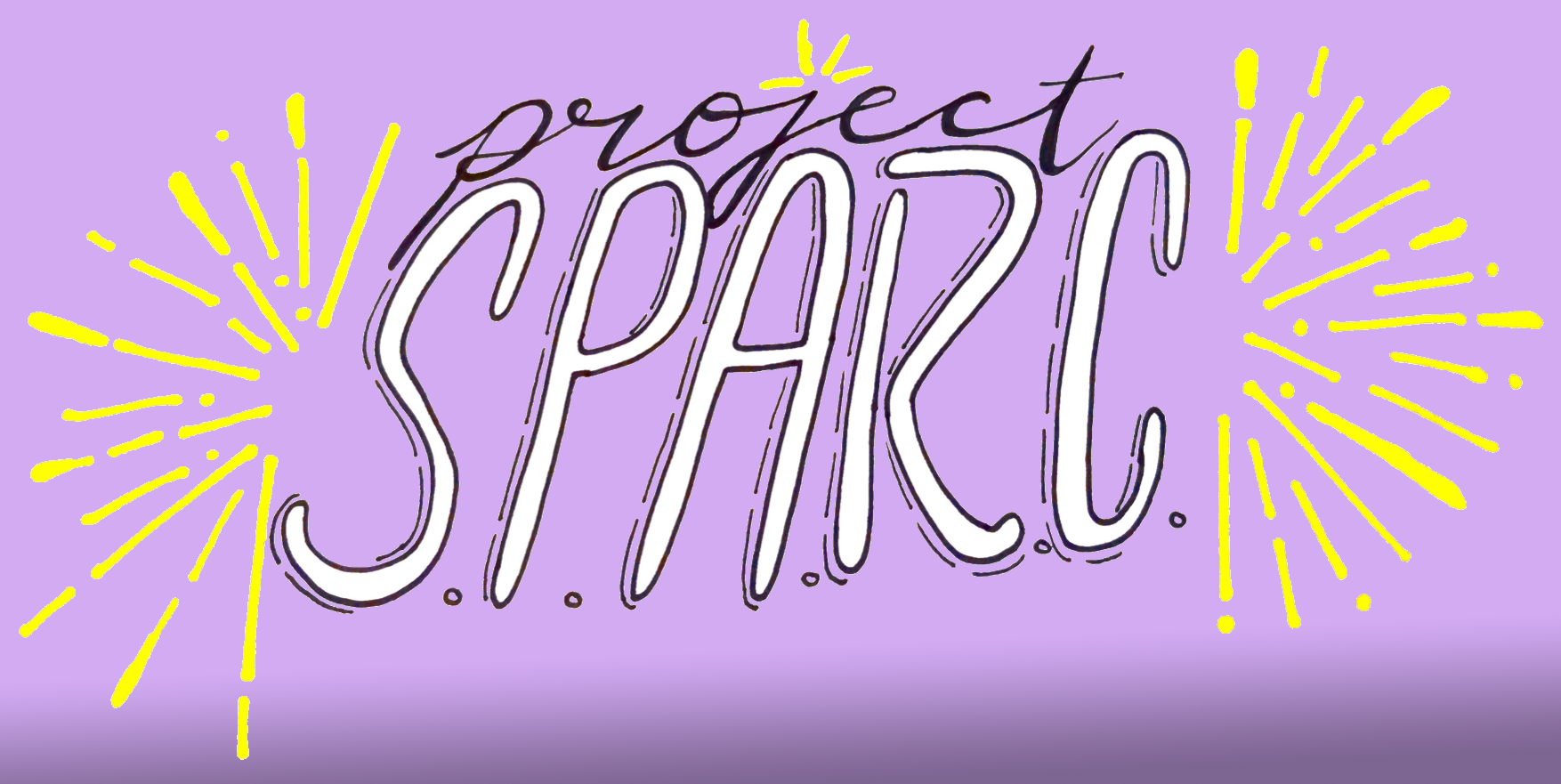by Annick Lamar ’22
“Are we ready?” I asked my fellow researchers and I’m buoyed by the strong affirmative yeses I receive. Our tech lead lets our interviewee into the Zoom room and we are away. It’s mid-February and my Project SPRAC research pod is interviewing its first interview subject, a young adult just recently out of high school. We believe these interview subjects will help us better understand the role that out-of-school programs play in supporting teens’ transition out of high school and into adulthood.
For our team of community researchers – one Smith graduate student, two high school students from Springfield and a Jandon Center staffer – this moment was rooted in preparation. For weeks, our larger Project SPARC team had worked collaboratively to learn how to successfully hear our interviewees’ stories. We completed our Collaborative Institutional Training Initiative training and studied the 1976 Belmont Report which was designed to protect research participants and ensure the three basic ethical principles that guide all human subject research: Respect for Persons, Beneficence, and Justice.
We learned the importance of deep listening from Nancy Zigler, Assistant Director of the Jandon Center for Community Engagement, and we practiced how to ask strong follow-up questions. We sharpened our interview skills by speaking to local journalists and learned how to make our interview subjects comfortable through our body language.
And through all this preparation, we tested our questions. Weekly, we divided into breakout rooms and we piloted our research questions by mock interviewing our fellow researchers and friends of Project SPARC. We felt the awkward phrasing in a question and rewrote it.
“What kind of specific support did you receive from the program that was different from what you received at school and how did it affect you?” — too wordy and slightly unclear
…became…
“How did the support your program offered you differ from what was available to you in high school?”
We tripped and tumbled in question order and found a better way to organize our thoughts. We observed when we confused our mock interviewee and we shortened our questions. We noted when our mock interviewee asked for clarity and we unpacked our question further. In the end, we had a set of field-tested interview questions that were substantially stronger than what we first penned.
Finally, we were ready to, as qualitative research methodologist Corrine Glesne calls it, “make words fly.”
“Hello and thank you for being here today. My name is Annick Lamar and I’m a community researcher with Project SPARC…”
